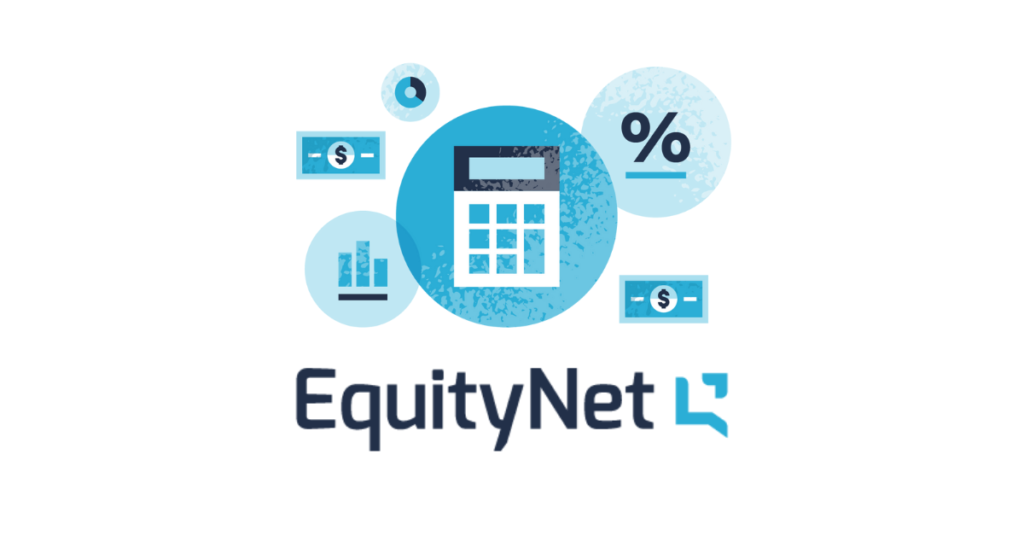If you’ve ever wondered how startups get their wings in the competitive world of business, let me introduce you to the unsung heroes: angel investors.
These individuals aren’t celestial beings but rather savvy entrepreneurs or high-net-worth individuals who provide crucial funding to early-stage startups. In this article, we’ll delve deep into what angel investors do, how they operate, and why they matter in the startup ecosystem.
Who Are Angel Investors?

Angel investors are like the fairy godmothers (or godfathers) of startups. They use their personal wealth to invest in promising business ventures in exchange for equity.
Unlike venture capitalists who manage pooled funds, angel investors invest their own money. This gives them greater flexibility and autonomy in their investment decisions.
Characteristics of Angel Investors
High Net Worth Individuals: Often successful entrepreneurs themselves.
Risk-Takers: Willing to invest in high-risk, high-reward ventures.
Hands-On Mentors: Provide more than just money; they offer advice and mentorship.
Local Networks: Often invest in businesses within their geographic proximity.
How Angel Investors Operate
Angel investors typically invest during the early stages of a startup’s development, known as the seed stage.

This is when the business idea is just taking shape, and funds are needed for market research, product development, and initial marketing efforts.
The investment process for an angel investor typically follows these steps:
- Scouting Opportunities: Angel investors actively seek promising startup opportunities through networks, events, and referrals.
- Due Diligence: Once a potential investment is identified, thorough research is conducted on the startup’s business model, market potential, team, and financial projections.
- Negotiation: Terms of the investment are negotiated, including the amount of funding, equity stake, valuation of the startup, and any additional conditions.
- Investment: After terms are agreed upon, the angel investor provides the agreed-upon funding to the startup.
- Post-Investment: Angel investors often provide ongoing mentorship, guidance, and support to the startup. They may also assist with strategic decision-making, networking opportunities, and future funding rounds.
- Exit Strategy: Angel investors anticipate a return on their investment through an exit strategy, which could include the startup being acquired, going public (IPO), or providing dividends.
Understanding and navigating these steps effectively are key for angel investors to make informed investment decisions and support the growth of promising startups.

Benefits and Challenges
Here are the benefits and challenges associated with angel investors:
Benefits of Angel Investment
Early-Stage Funding: Access to crucial capital when traditional funding sources are unavailable.
Expertise and Guidance: Angel investors bring valuable experience and networks to the table.
Flexible Terms: Compared to other funding options, angel investment terms can be more founder-friendly.
Credibility Boost: Having reputable angel investors onboard can attract additional funding and partnerships.
Challenges of Angel Investment
High Expectations: Angel investors expect a significant return on their investment.
Risk of Failure: Startups can fail despite angel investment due to market conditions or internal factors.
How One Can Become an Angel Investor
Angel investors usually involve wealthy individuals, though groups can pool smaller amounts to join as angel investors. Finding promising new businesses that could be profitable takes time.

EquityNet simplifies this by presenting investment opportunities for funding groups. Join now to start investing in a brighter future.
Final Thoughts
Angel investors play a vital role in startups by offering crucial funding and guidance. Their support not only sparks creativity but also empowers entrepreneurs to achieve their goals. Understanding how angel investing works—from the start of funding to continuous mentorship—shows how these investors influence the future of business.
Embrace their opportunities and join in shaping a dynamic future fueled by innovation and entrepreneurship.
Frequently Asked Questions
1. What is the difference between an angel investor and a venture capitalist?
Angel investors use their own money, while venture capitalists manage pooled funds from multiple investors.
2. How do angel investors make money?
They make money through exits, such as IPOs or acquisitions, where their equity stake in a successful startup increases in value.
3. What industries do angel investors typically invest in?
Angel investors often focus on technology, healthcare, consumer goods, and other high-growth sectors.
4. Can anyone become an angel investor?
Yes, if they meet the financial criteria and are willing to take on the risks associated with early-stage investing.
5. What should startups consider before approaching angel investors?
Startups should have a clear business plan, a compelling pitch, and a realistic valuation in mind.






